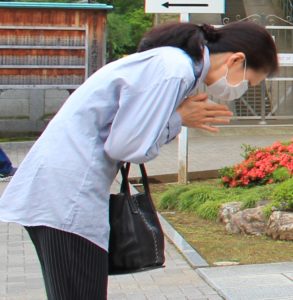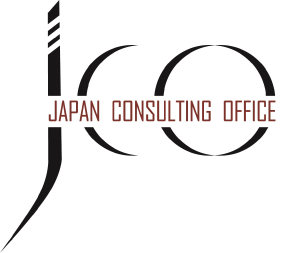During one of my seminars I gave in Japan, I realized the different reactions Japanese and Westerners have towards being told they have made a mistake.
I am talking about the very first, almost instinctive reaction towards someone who is telling you something is wrong in your presentation, in your report or in the way you did something. But in fact, there is no mistake (but you don’t know that yet when you are told you made a mistake).

For most Westerners, our first reaction is most likely to be one of a defensive nature, which will be subconscious. Then, depending on the person, some (many) of us will verbalize it even before checking the facts (“It is not my fault”, “Ce n’est pas moi”, “Het is niet mijn fout”, “Es ist nicht meine Schuld” …), while others will check the facts, based on the assumption that they did not make a mistake or are not at fault, before verbalizing it. This process happens fairly quickly, almost subconsciously, but will usually take as the hypothesis that nothing is wrong, until proven otherwise (“innocent until proven guilty” is a Western concept).
For most Japanese, the very first reaction would be to apologize, and intrinsically think they did something wrong. They will look at the facts thinking that they probably missed something, then analyze and realize that they are not at fault. So it is quite different from the Western approach.
This partly explains why the Japanese think Westerners never apologize and are very good at finding excuses, while Westerners tend to think that the Japanese apologize too often, which is sometimes perceived as a lack of self-confidence.
The next time someone tells you that you made a mistake, take a few seconds to think about and identify your first reaction. Was it closer to the Japanese or the Western one?
Advice when working with the Japanese: don’t hesitate to apologize! Rather than admitting guilt, it is a sign of respect for the other person, of humility (“my humble me”) and introspection (“hansei”). It will be much appreciated.







